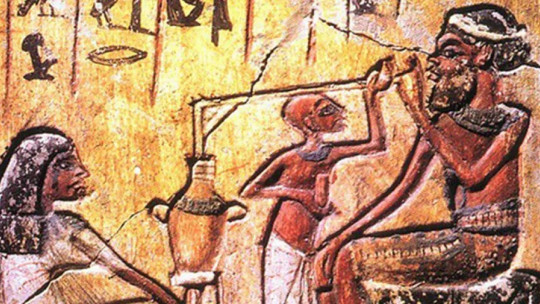
Addiction to painkillers for chronic pain is a serious problem that currently affects millions of people around the world. If you or someone you know is struggling with this addiction, it is important to know that there is hope. Recovery is possible, and there are many resources available to help you.
Chronic pain, defined as pain that persists for more than three months, has become one of the main causes of disability in the world, limiting your ability to carry out daily activities, such as working and enjoying a good quality of life.
How does painkiller addiction work?
Addiction to analgesics for chronic pain is a chronic, relapsing brain disease characterized by compulsive seeking and use of these medications Despite its harmful consequences, which in many cases can be serious, it increases throughout its constant use until there comes a point of not having the ability to control its intake on its own.
This occurs since this disease is characterized by changes in the brain that affect a person’s ability to control their behavior, which is induced by uncontrolled use of them. Common signs and symptoms of addiction to pain relievers for chronic pain may include:

What are the risks of addiction to painkillers for chronic pain?
Addiction to pain relievers for chronic pain can have serious physical and mental health consequences, including:
Regarding the management of chronic pain, specialists have different types of therapies with two main groups of analgesics, these include:
It is crucial to remember that opioids are powerful medications with a high risk of addiction if not used appropriately. Thus, It is essential to follow the doctor’s instructions to the letter, both in terms of dosage and duration of treatment By being extremely vigilant, inappropriate behavior regarding its use can be identified in time.

How is addiction to painkillers for chronic pain treated?
Treatment for addiction to chronic pain relievers usually includes a combination of psychological therapy and medications. Psychological therapy helps people understand their addiction, become aware of it, and through strategies develop coping mechanisms that allow them to learn to regulate this behavior.
During therapy, you learn different techniques to control anxiety and thoughts associated with consumption, as well as learning through psychoeducation to change your relationship and thoughts related to painkillers. Medications can be used if needed to help relieve withdrawal symptoms and reduce cravings for pain relievers, which lead to addiction.
Where can I find help?
If you think you or someone you know may have a pain medication addiction problem, it is important to seek professional help. A doctor or mental health professional can diagnose painkiller addiction and develop a treatment plan based on your needs.
It is important to remember that addiction to painkillers is a chronic and complex disease, and like other addictions, patients find it difficult on their own to face the desire for intense consumption that causes withdrawal. People who suffer from it can make promises to eliminate the behavior, but the physical and psychological dependence it generates makes it extremely difficult to keep these promises without professional help. Take the step! Recovering your stability and quality of life is important for both you and your loved ones.
I am Ana Amell, a psychologist specializing in addictions, I have several years of experience helping people and their families overcome different types of addictions as well as the negative consequences they cause to your family members, I am sure I can help you too. Contact me today and together we will start the path to recovery.









